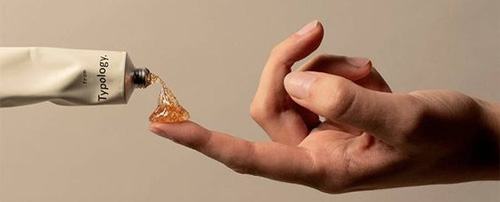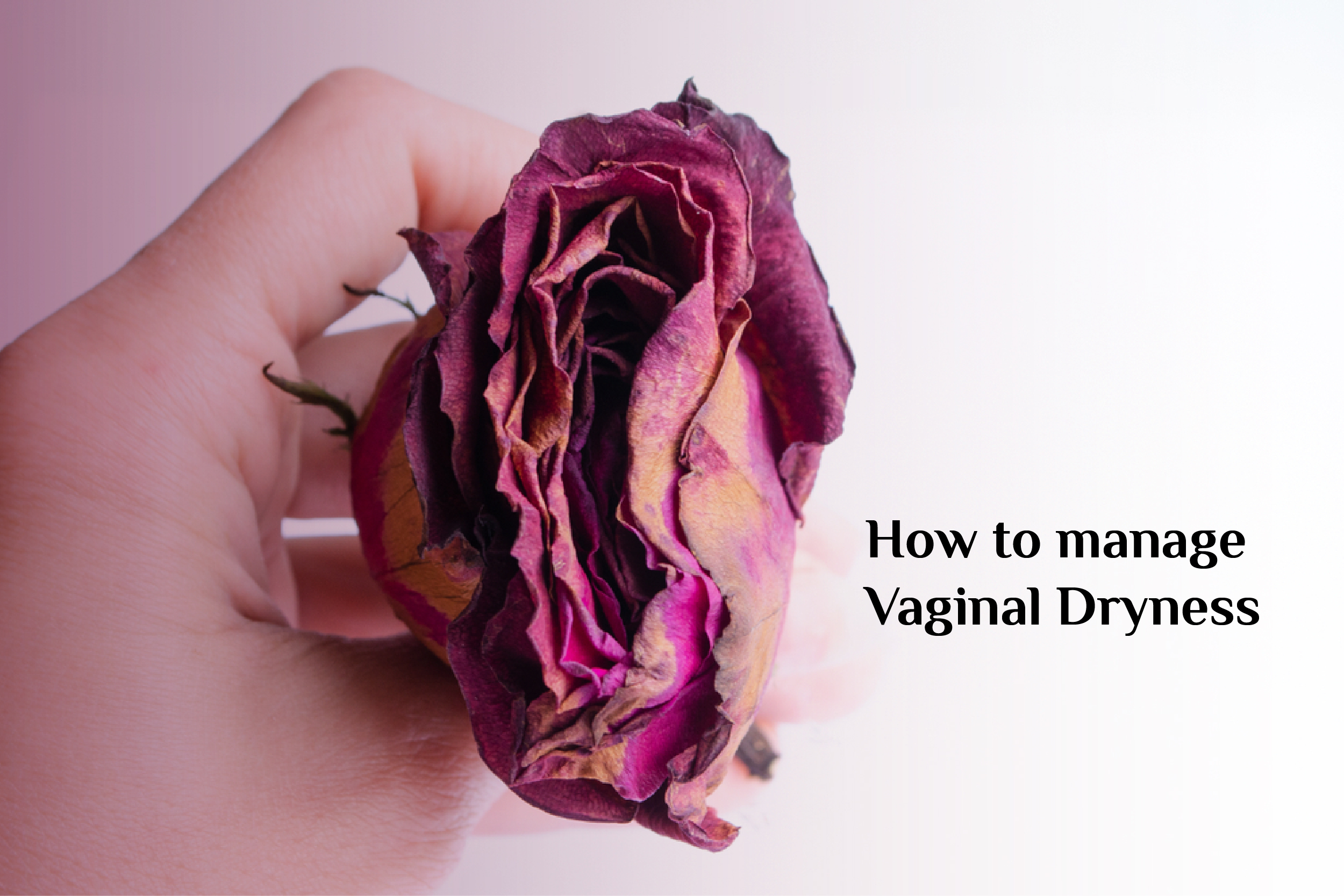Vaginal dryness is a painful condition that significantly impacts a person’s quality of life. It can cause discomfort during activities such as sitting, exercising, urinating, and sexual intercourse. Typically, the vaginal lining is kept lubricated with fluid that preserves its thickness and elasticity.
However, vaginal dryness occurs when the tissues in the vagina become dry, thin, and inadequately moisturized, leading to discomfort, particularly during sex. Vaginal dryness can occur at any age. It is most common in women or individuals assigned female at birth (AFAB) during or after menopause when estrogen levels decrease. The hormone estrogen helps maintain moisture and health in your vaginal lining. When estrogen levels are low, your vaginal walls can become thin and dry, leading to a common menopausal condition known as vaginal atrophy.
Is vaginal dryness a common condition?
Approximately 17% of individuals assigned female at birth (AFAB) between the ages of 18 and 50 report experiencing vaginal dryness during sex, even before menopause. More than half experience vaginal dryness after menopause.
What can cause vaginal dryness?
Vaginal dryness often results from decreased estrogen levels, which can happen naturally with aging or during menopause. Menopause marks the end of your menstrual period and your ability to become pregnant. As estrogen levels drop, the skin and tissues of your vulva and vagina become thinner and less elastic, leading to dryness.
Certain health conditions or treatments for them can also lead to vaginal dryness. Causes of vaginal dryness include:
- Breastfeeding (chestfeeding) and childbirth.
- Birth control pills or other hormonal contraceptives.
- Cancer treatments, including chemotherapy and hormone therapy.
- Diabetes.
- Certain medications, such as anti-estrogen treatments (for uterine fibroids or endometriosis), specific antidepressants, and antihistamines (for allergies).
- Ovarian removal (oophorectomy).
- Sjogren’s syndrome (an autoimmune disorder that can cause dryness throughout the body). Lack of sexual arousal.
- Using scented or perfumed soaps, sprays, and washes around or in the vagina.
Why do I experience vaginal dryness during sex?
Vaginal dryness is often most noticeable during sexual penetration. Without sufficient lubrication, the friction during intercourse can cause pain and discomfort. Take time to ensure you’re fully aroused before sex, engage in foreplay with your partner, and try to relax. Using water-based sexual lubricants can also be beneficial. Unfortunately, painful sex can sometimes lead to a decreased interest in sex or strain intimacy with your partner.
Lubricants and moisturizers for vaginal dryness
Lubricants and moisturizers Are available without a prescription and can be bought at drugstores or grocery stores. They help by replenishing vaginal tissue and increasing moisture, which can alleviate pain during sex. Avoid using moisturizers intended for your face or body, as they are not suitable for vaginal use. Senzicare Lubricant Gel is the best product for Vaginal Dryness.
Vaginal Moisturizers: Apply these to the inside of your vagina every few days to maintain a healthy vaginal lining.
Vaginal Lubricants: Use these just before sexual intercourse to reduce discomfort caused by dryness.
Vaginal dryness is a common symptom that many people experience at some point in their lives. Various conditions and factors, such as menopause or certain medications, can cause your vagina to become dry. This dryness can result in painful sex or lead to burning, itching, and soreness in your genital area. If over-the-counter treatments don’t alleviate your symptoms or if they worsen, consult your healthcare provider for assistance.


